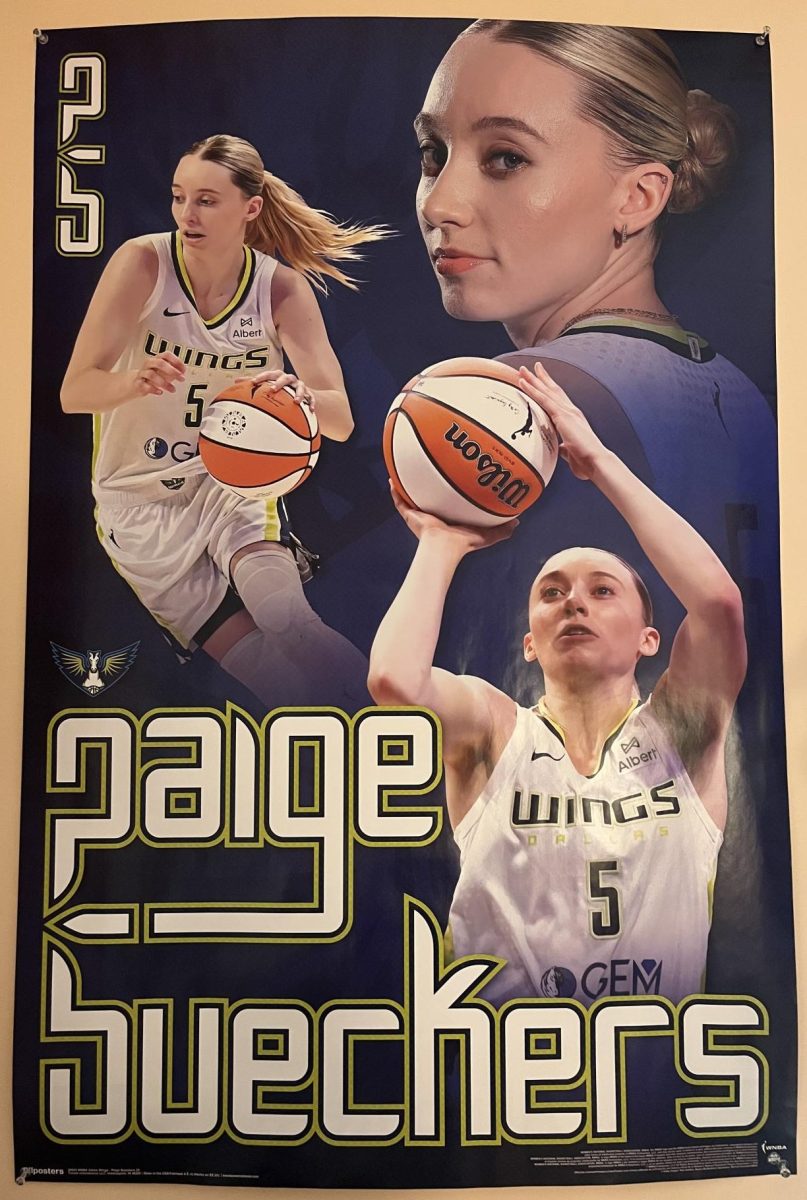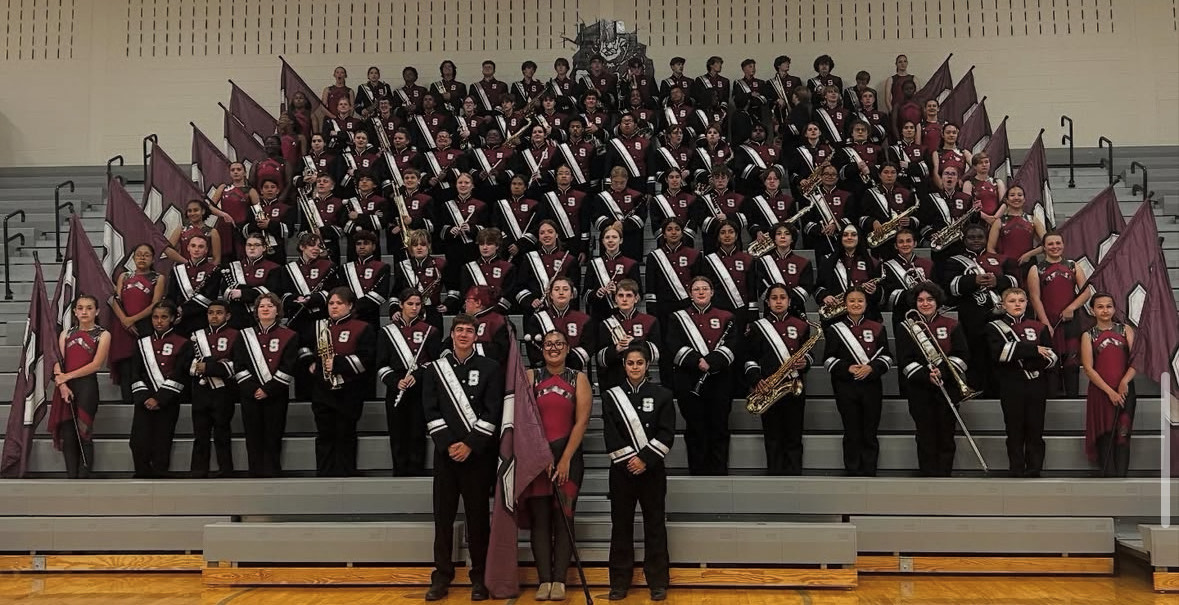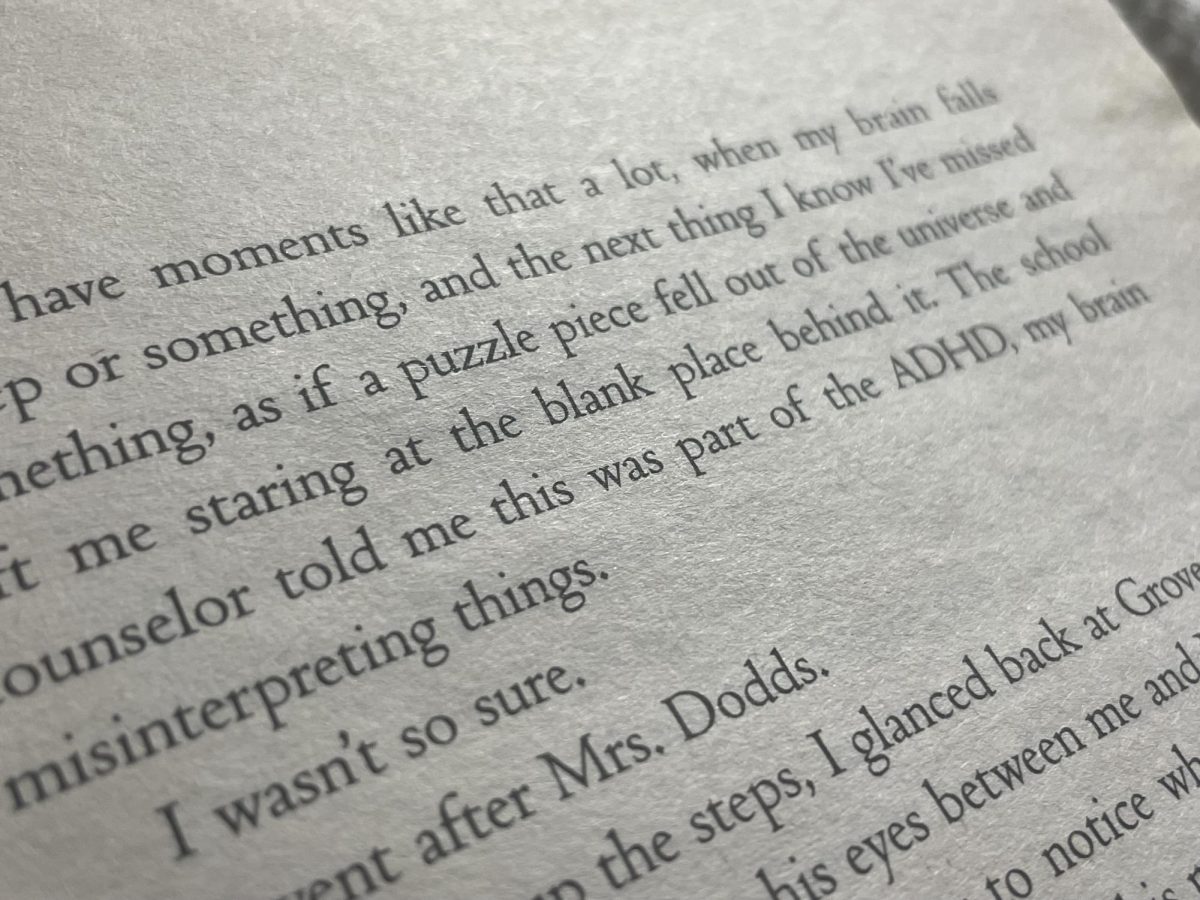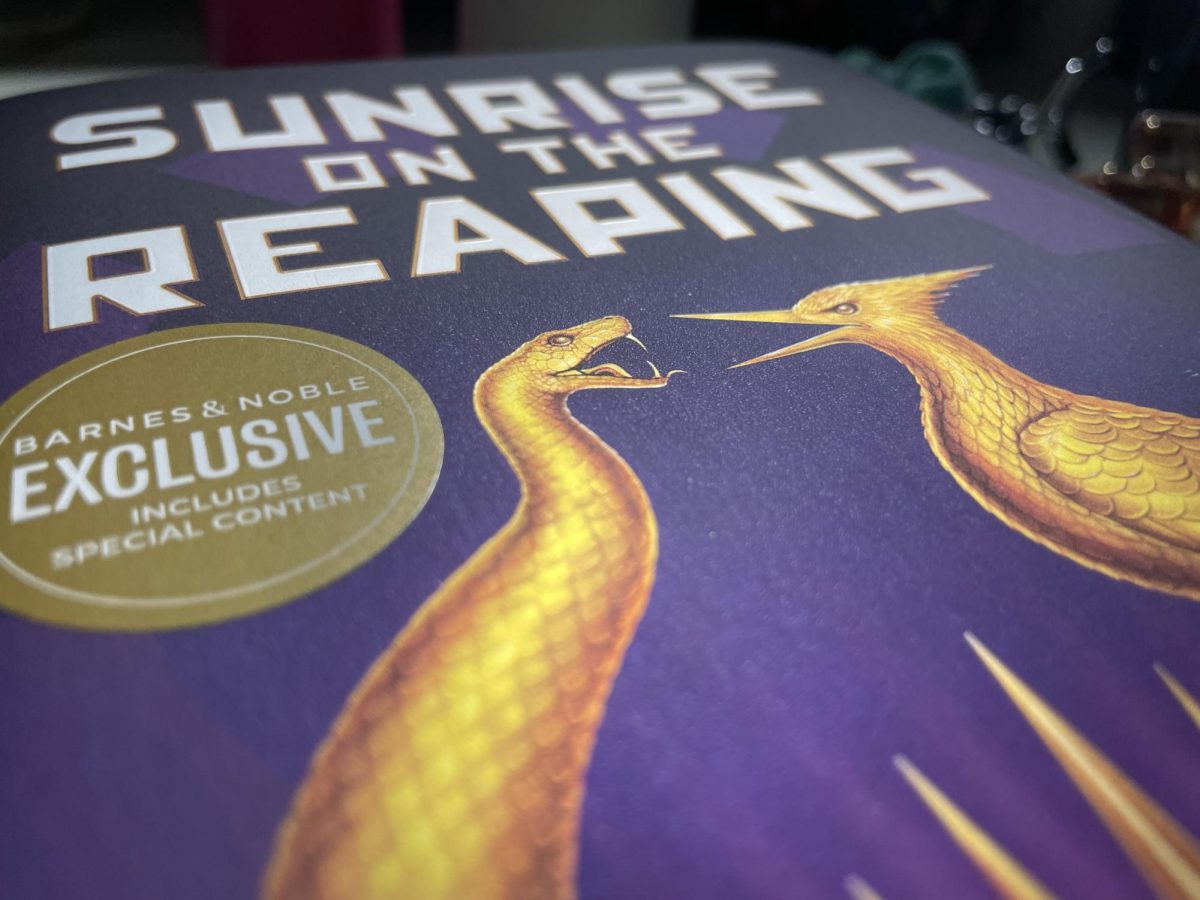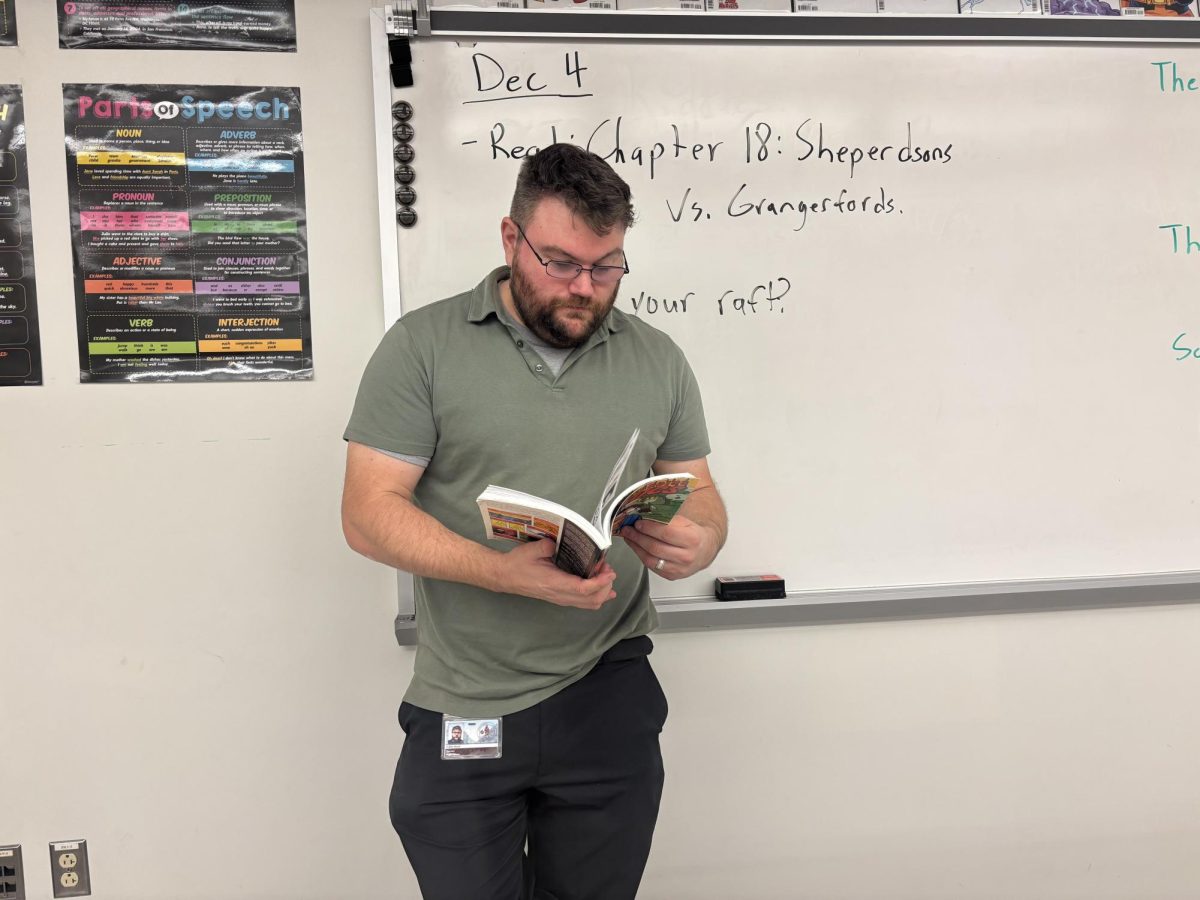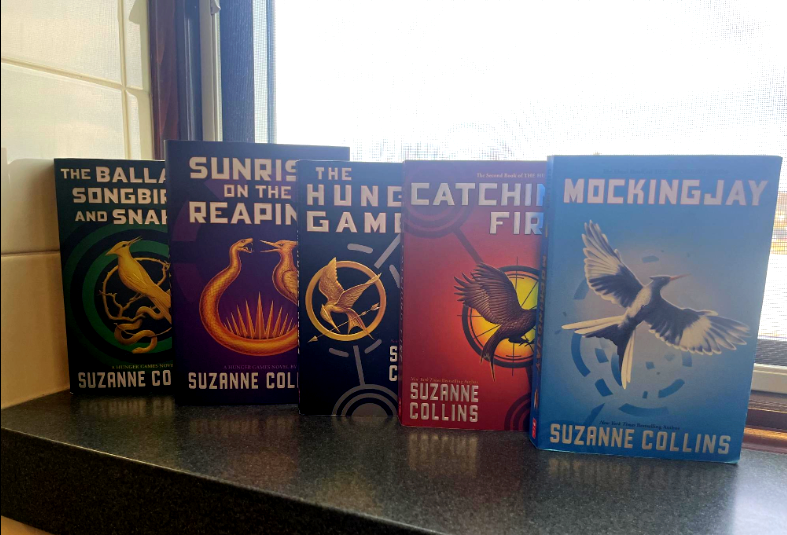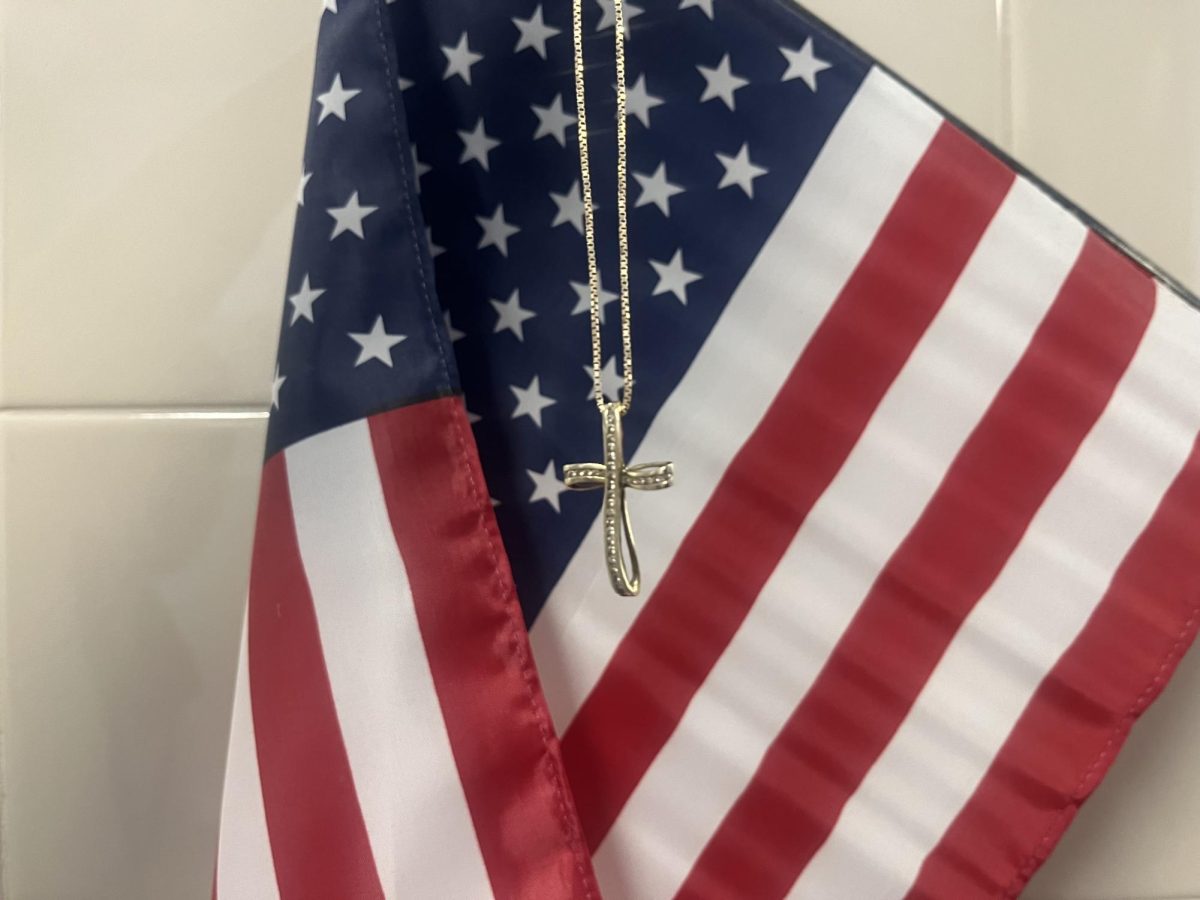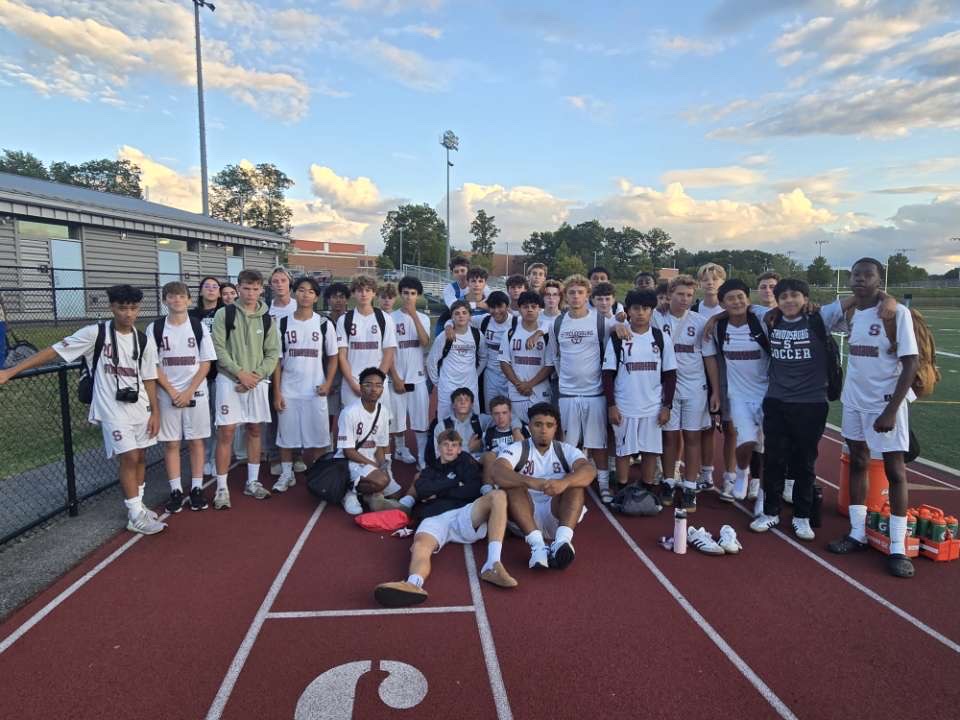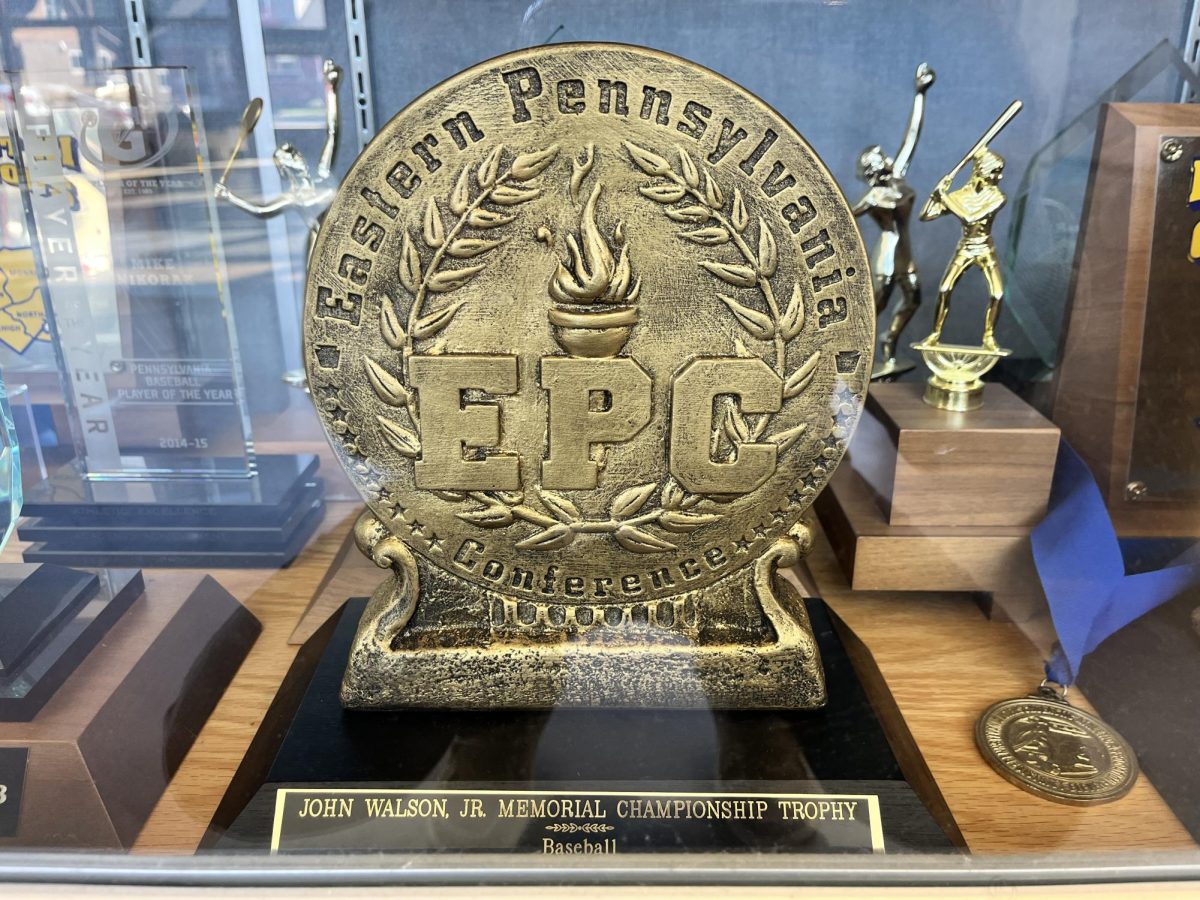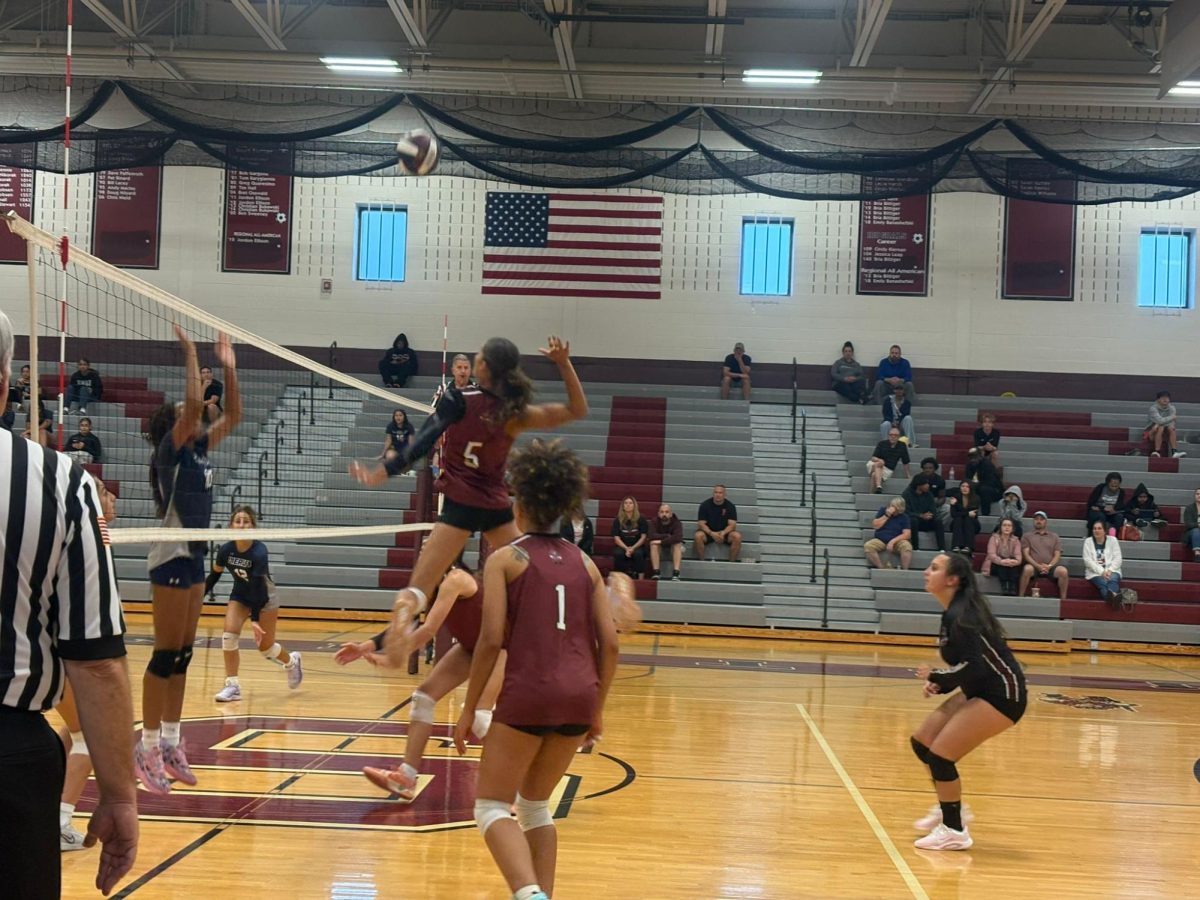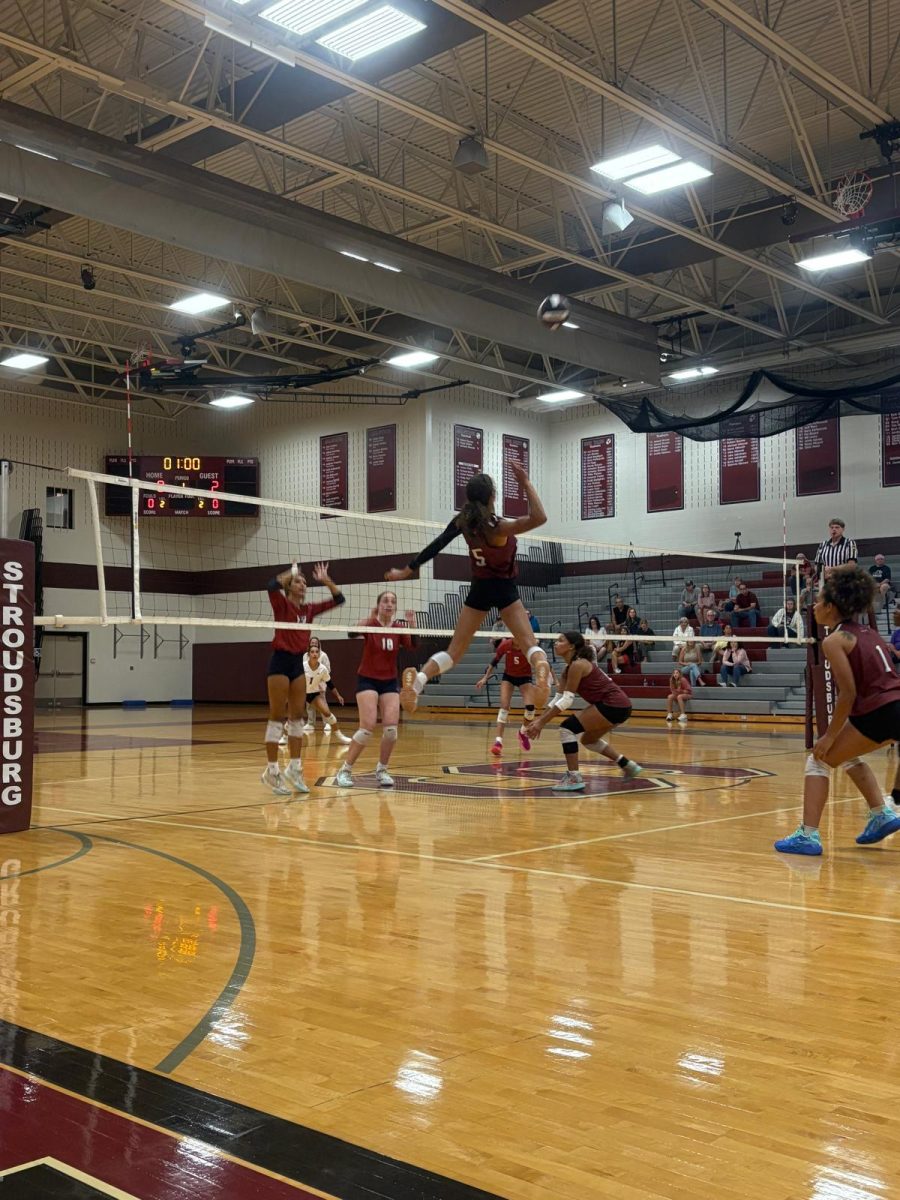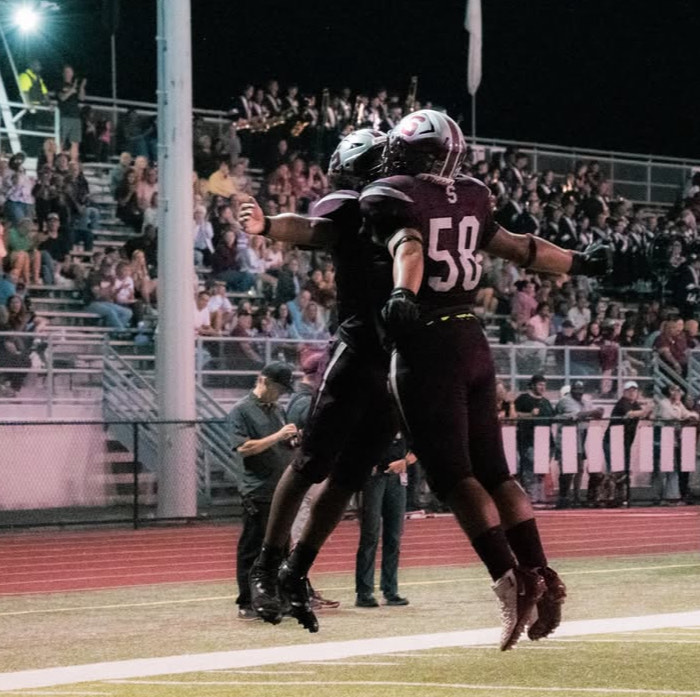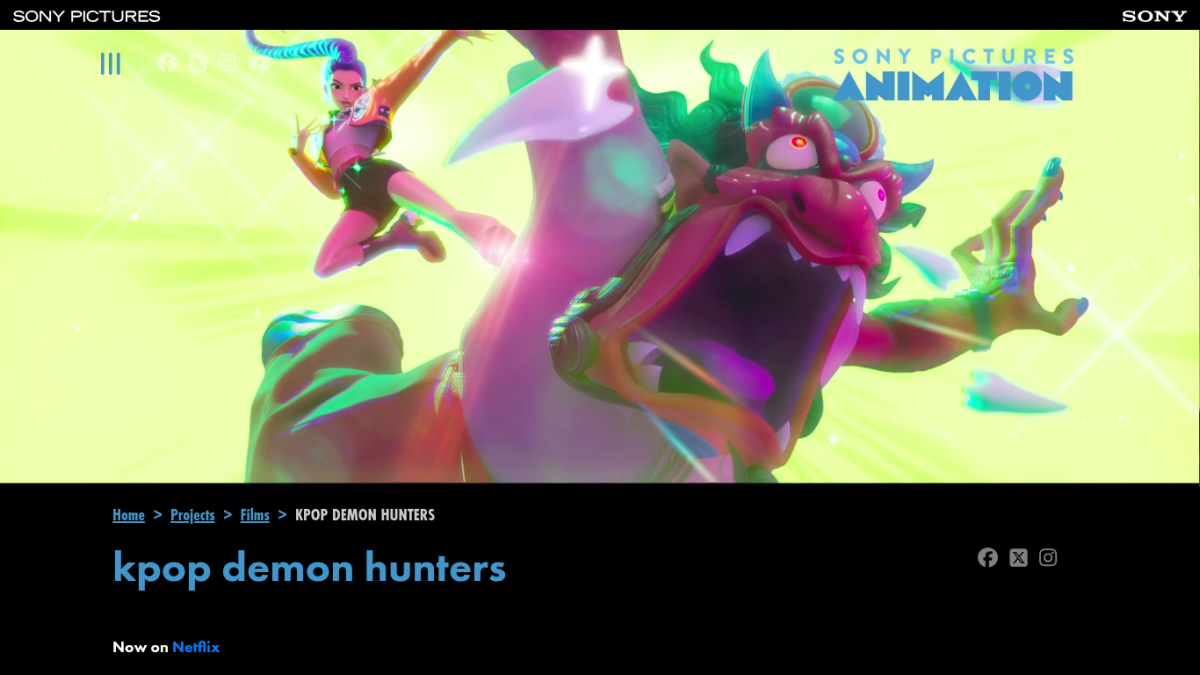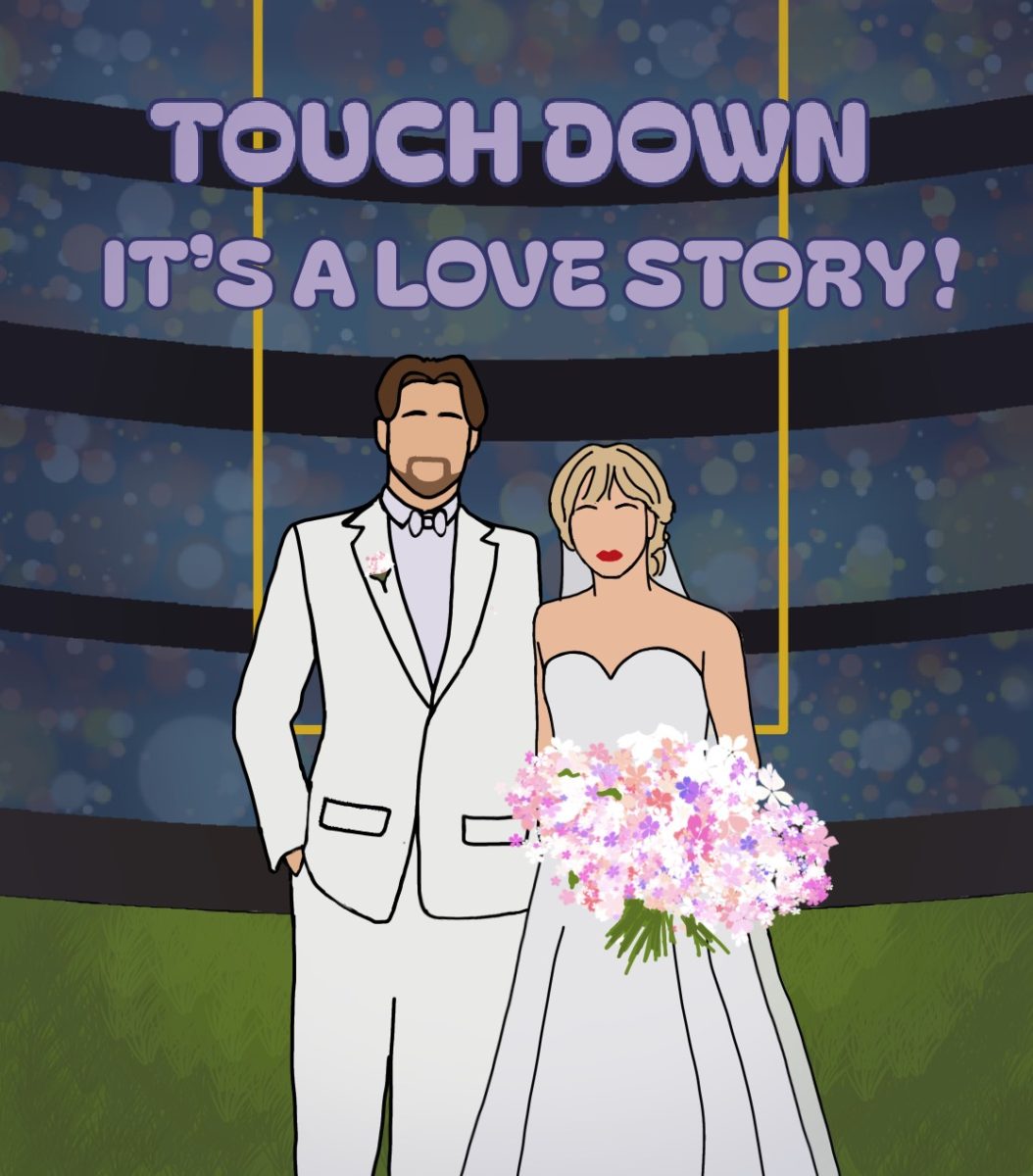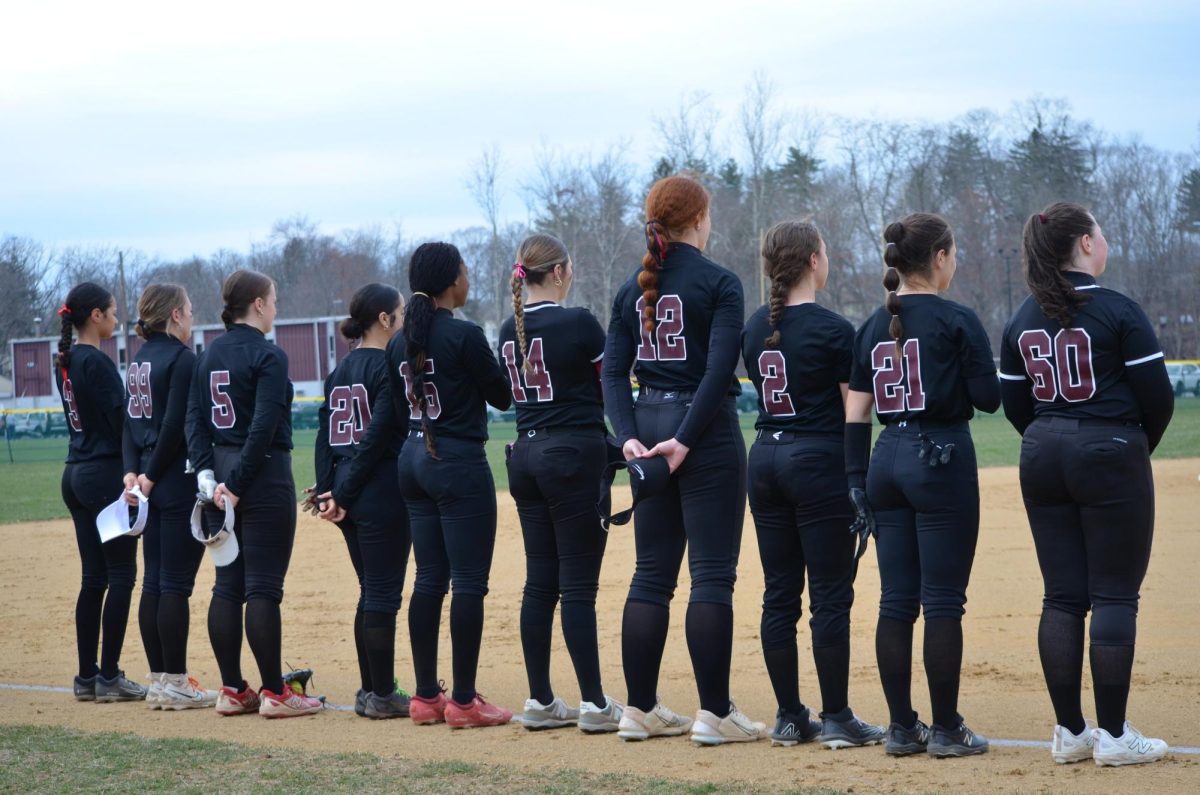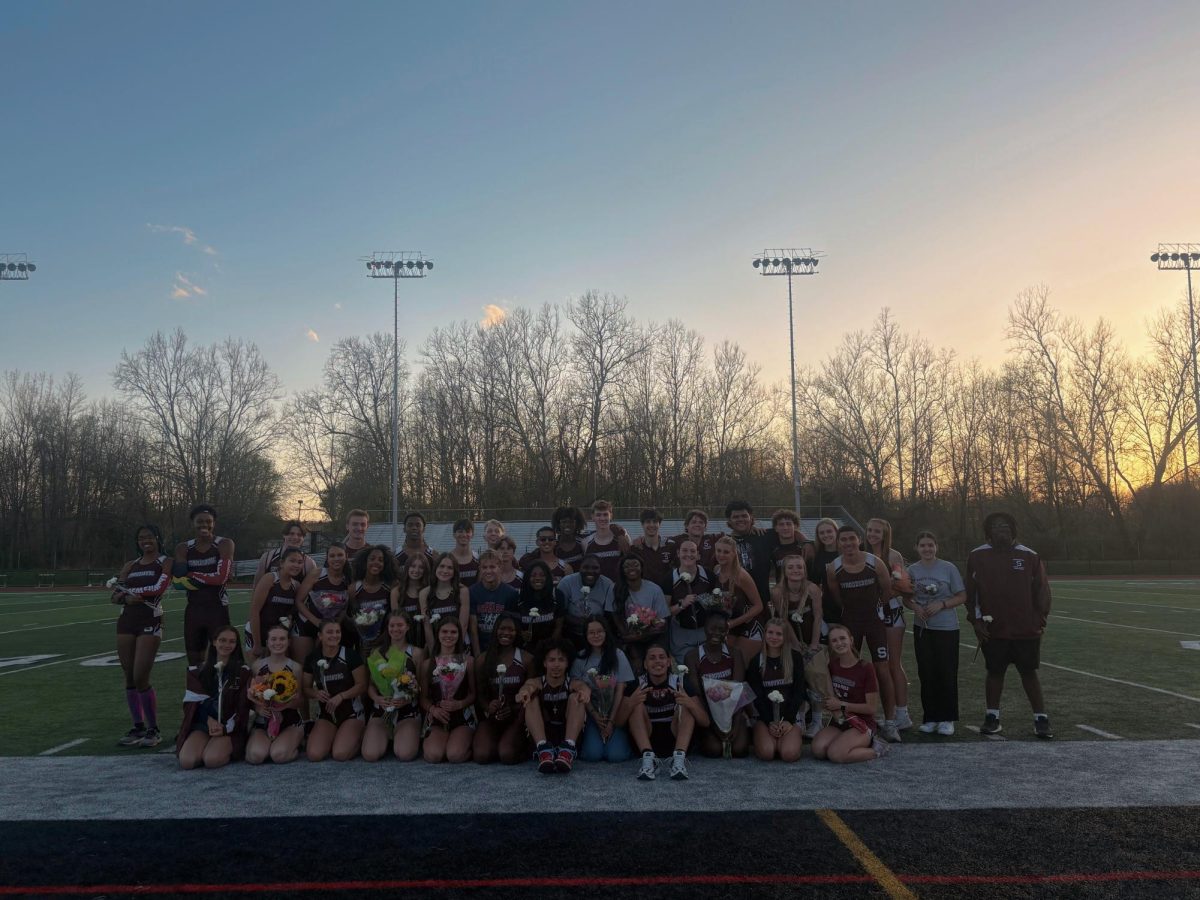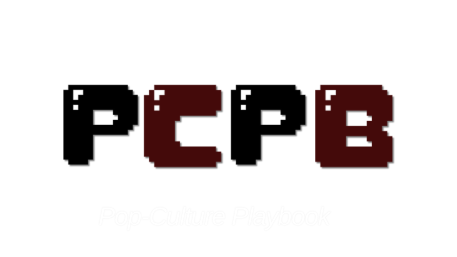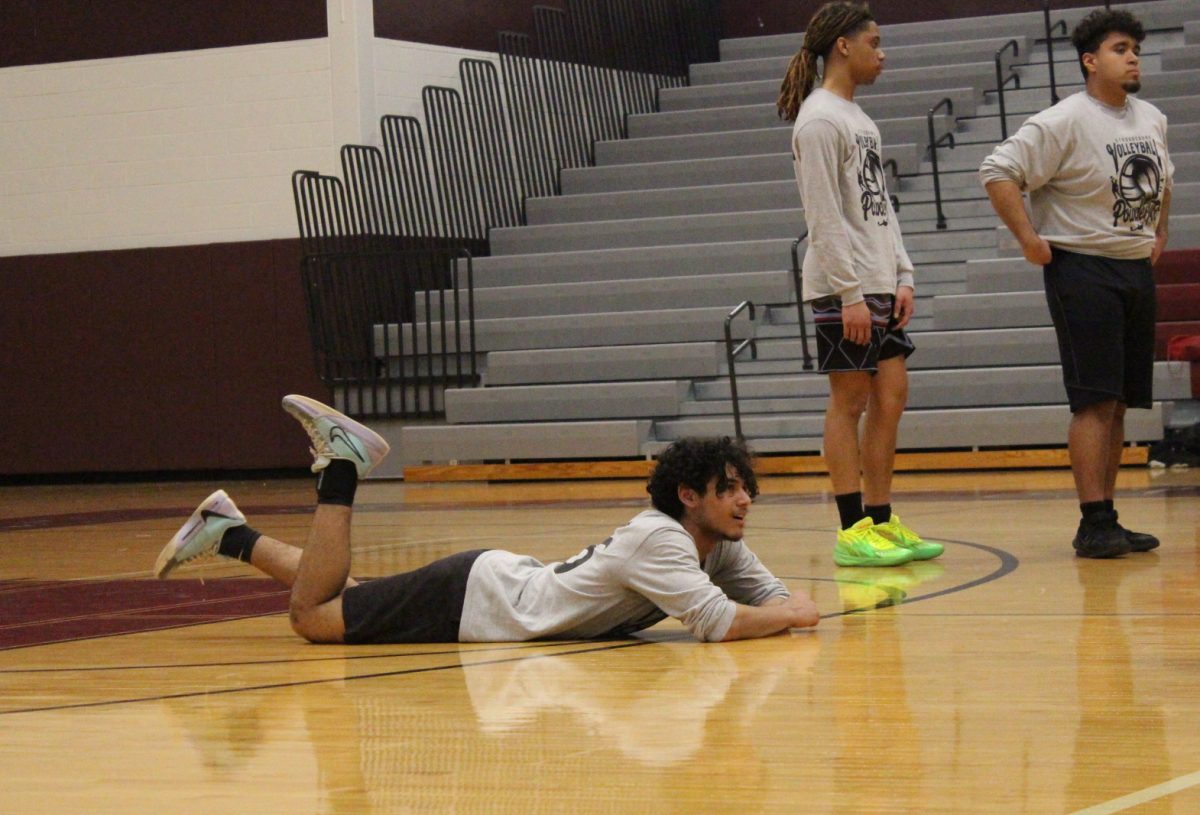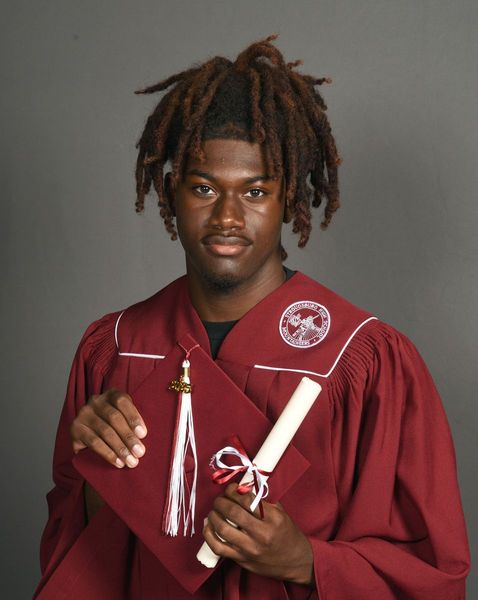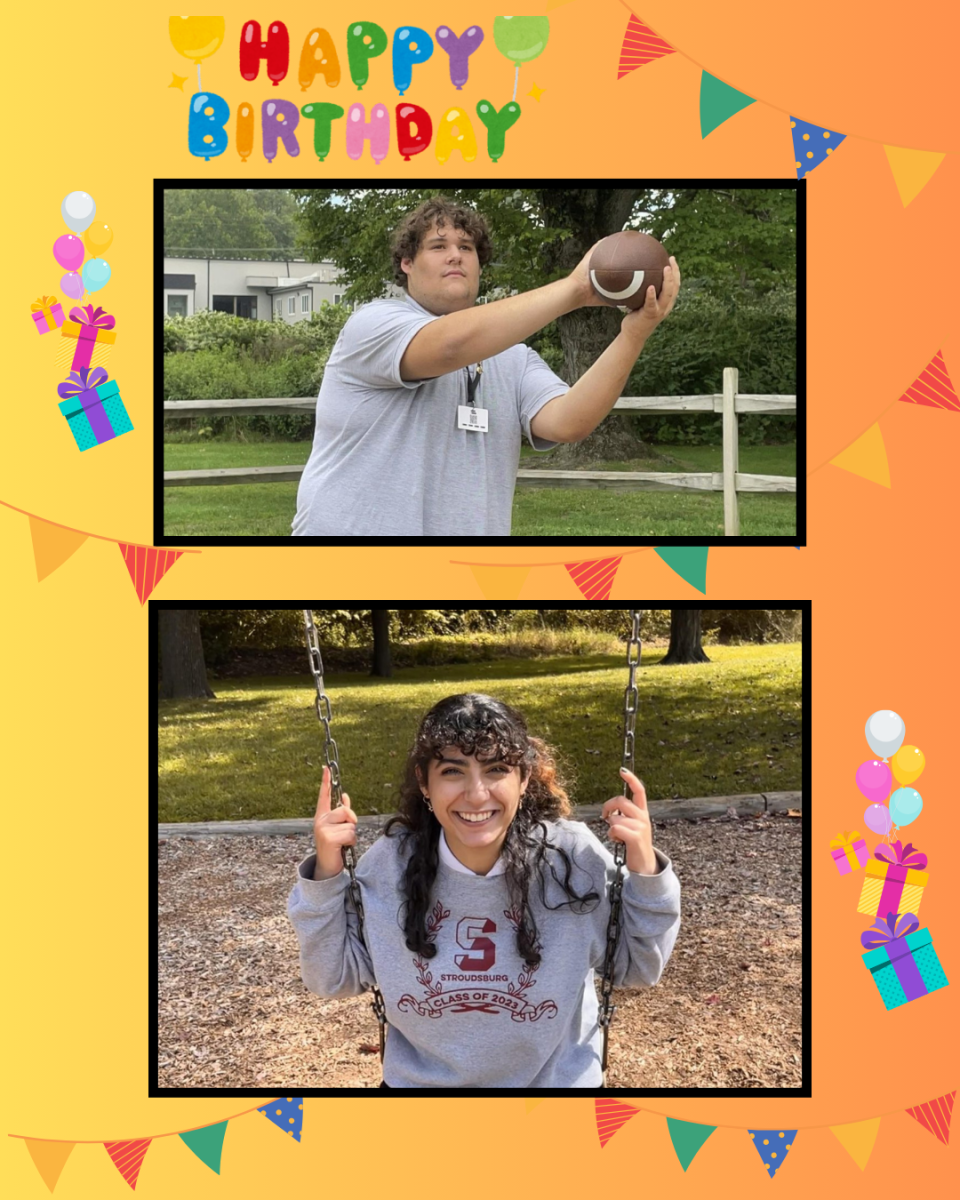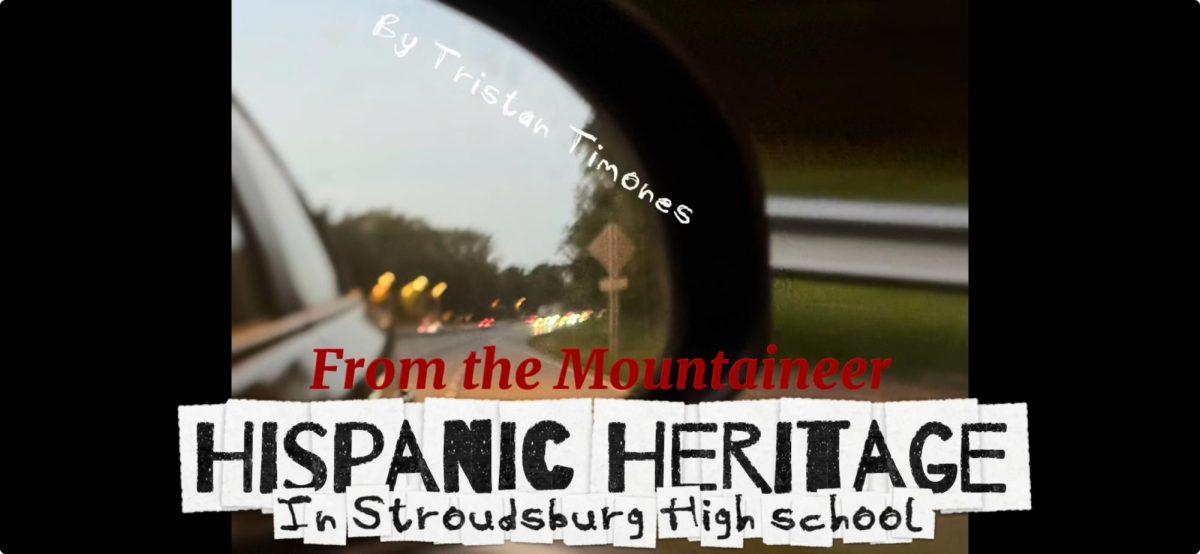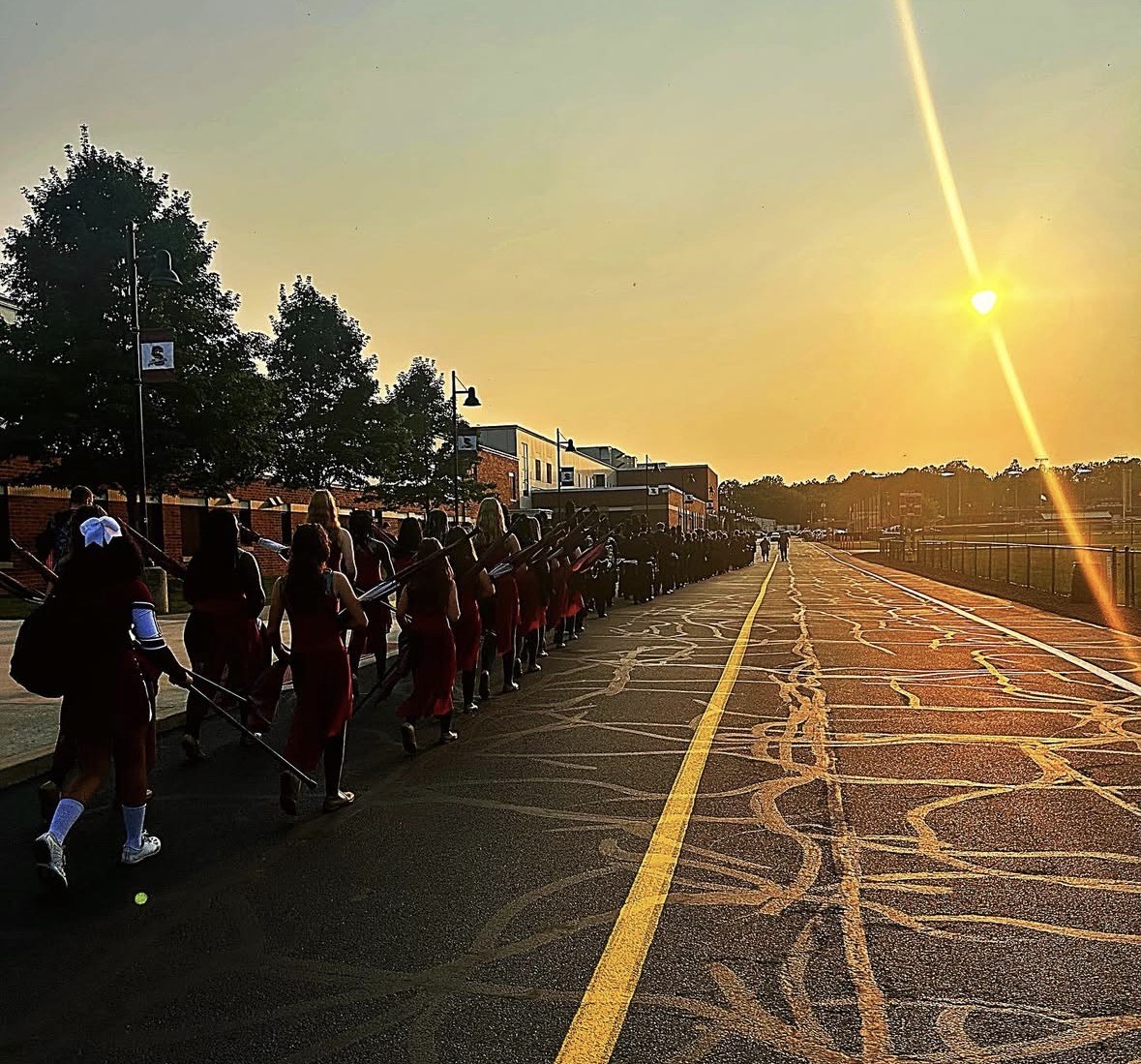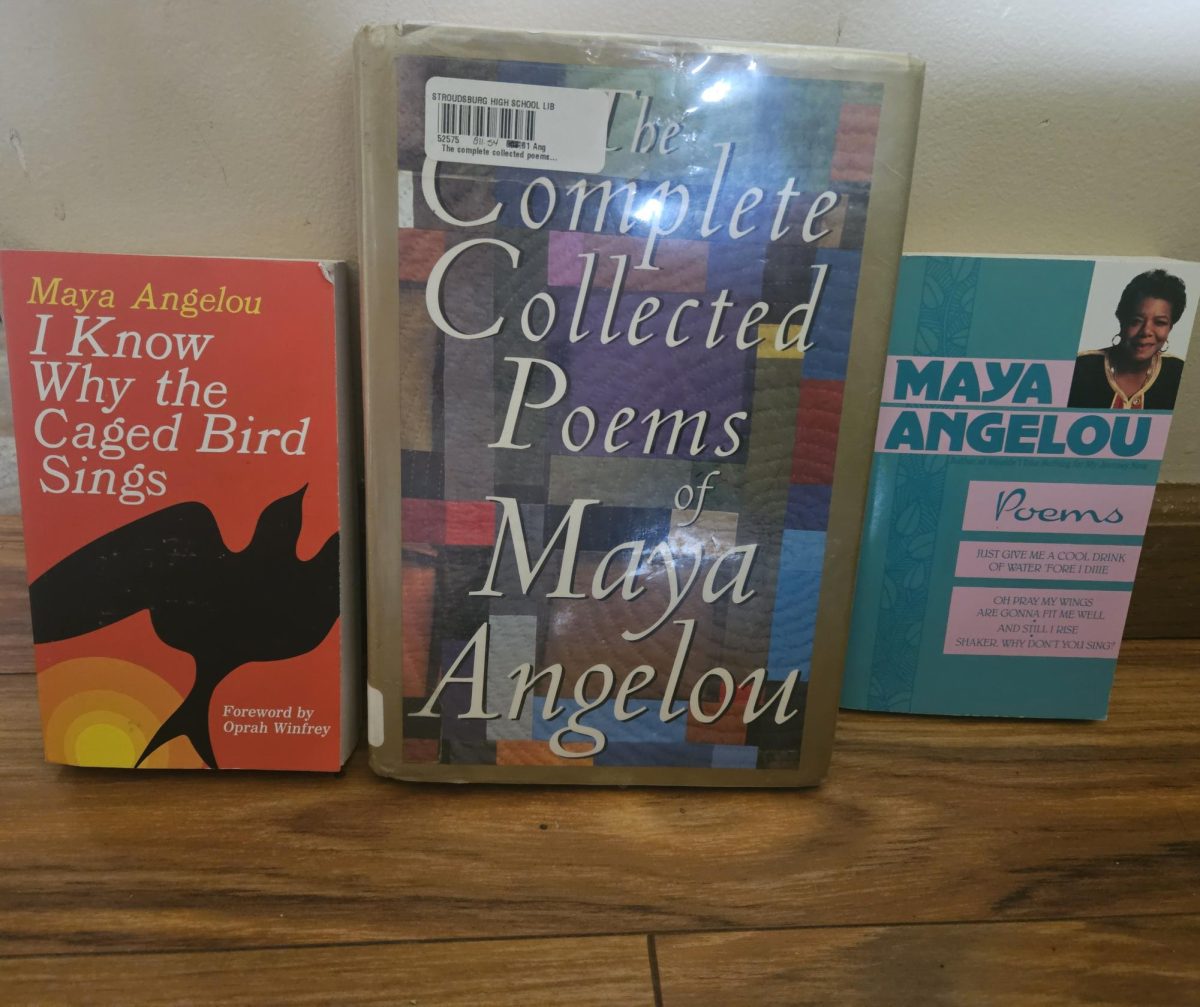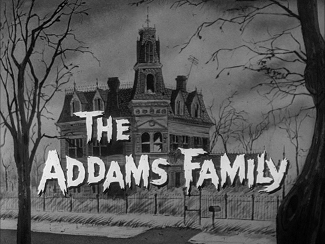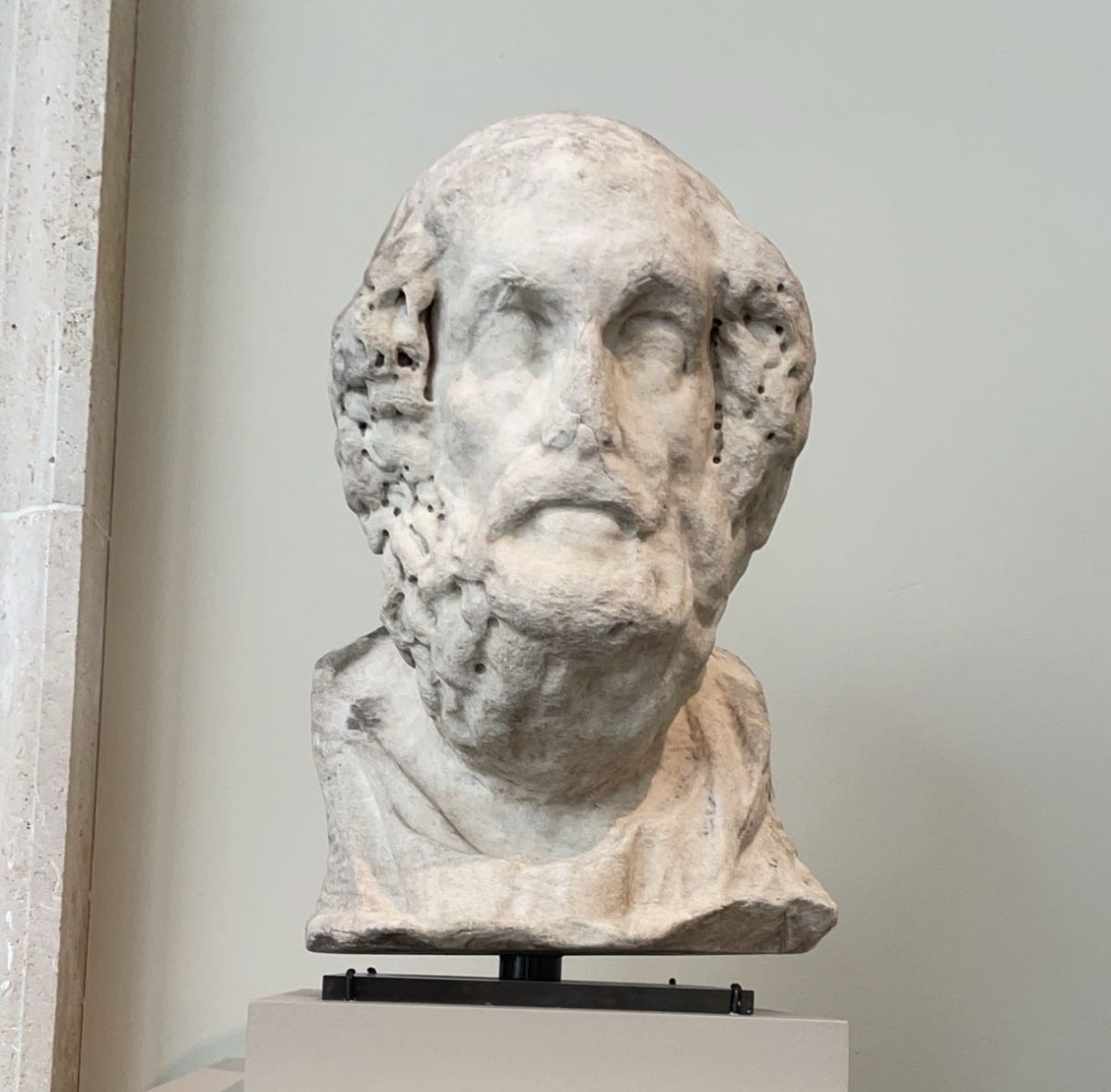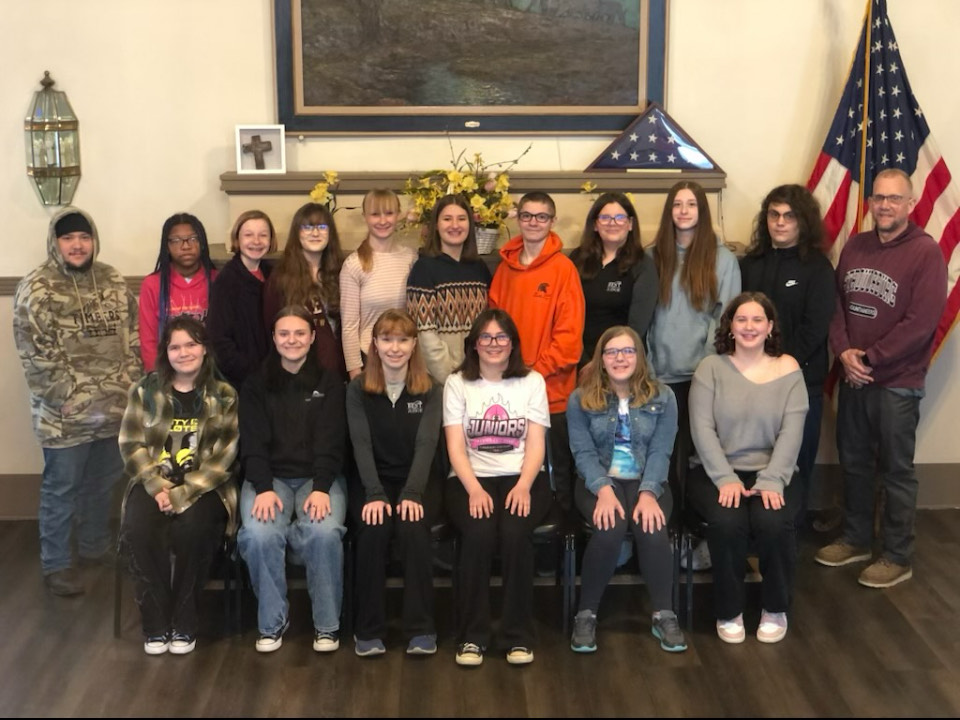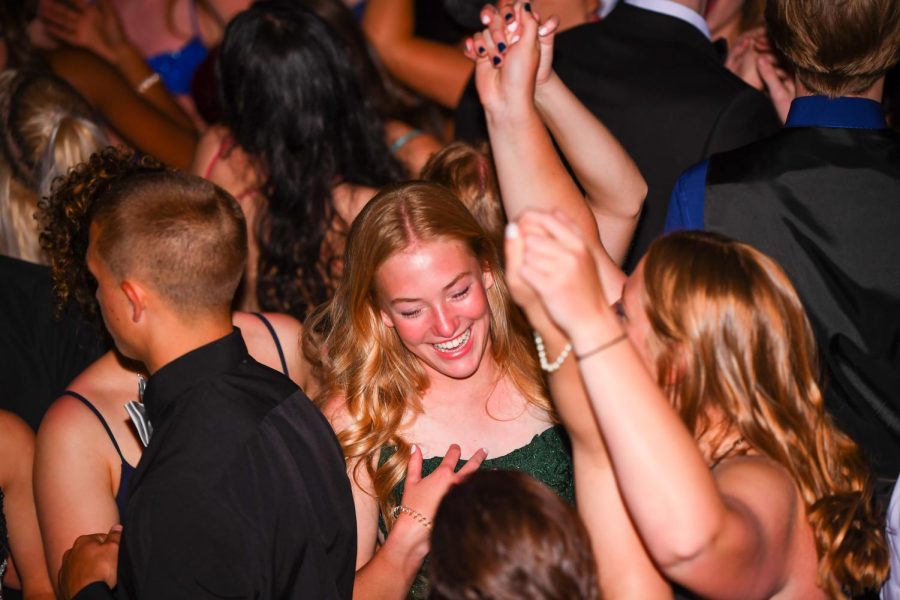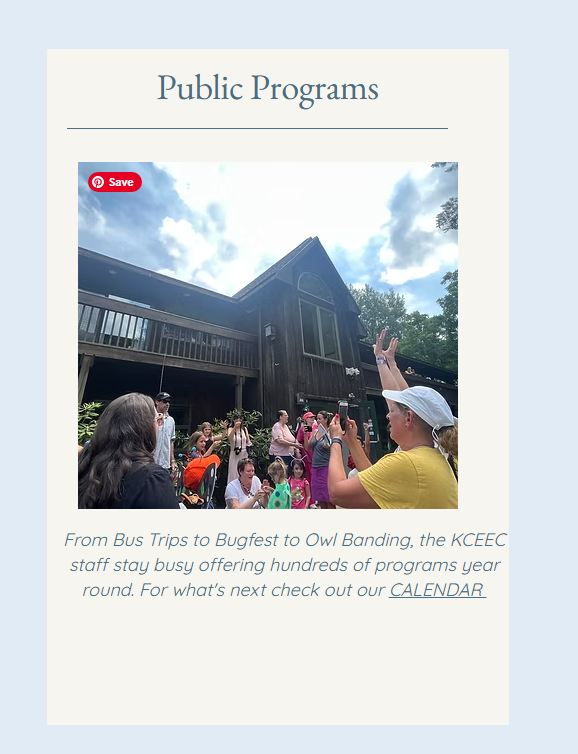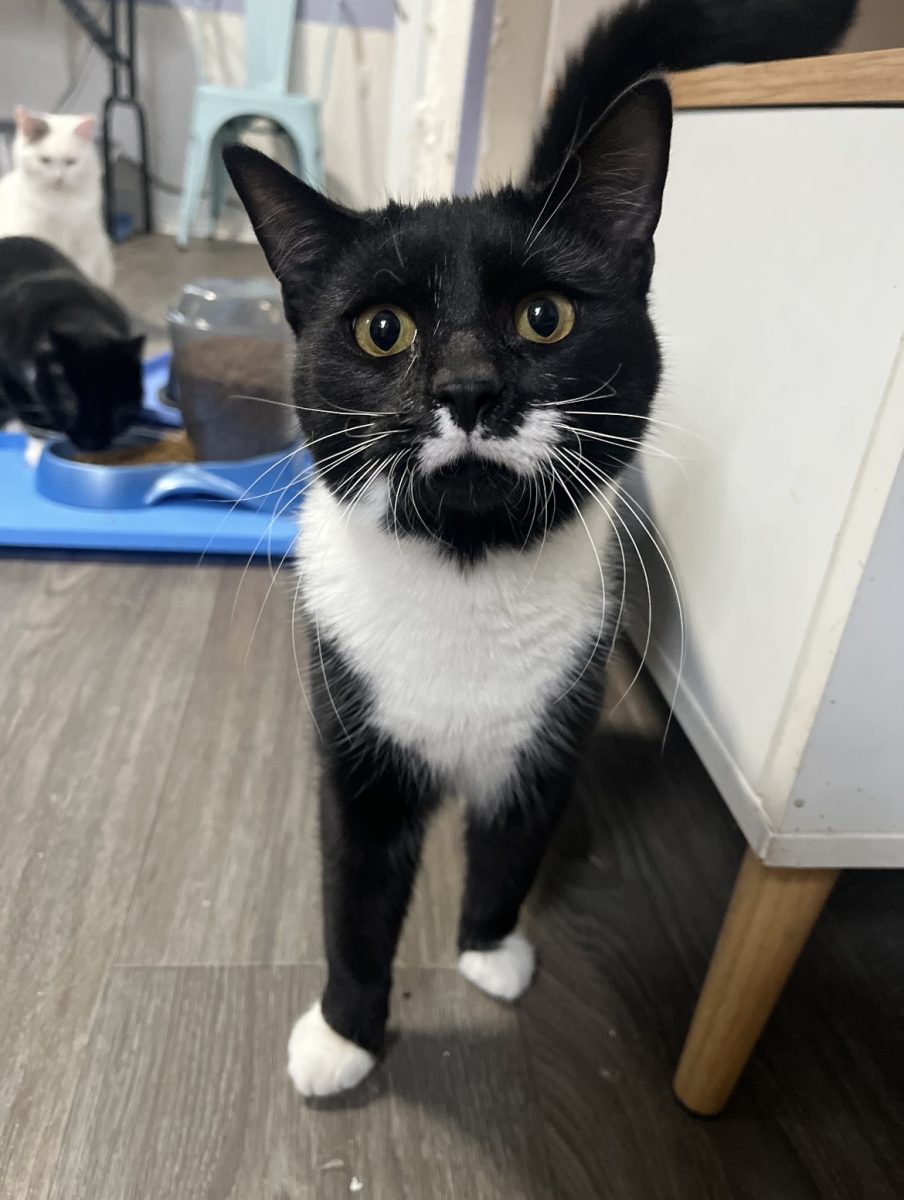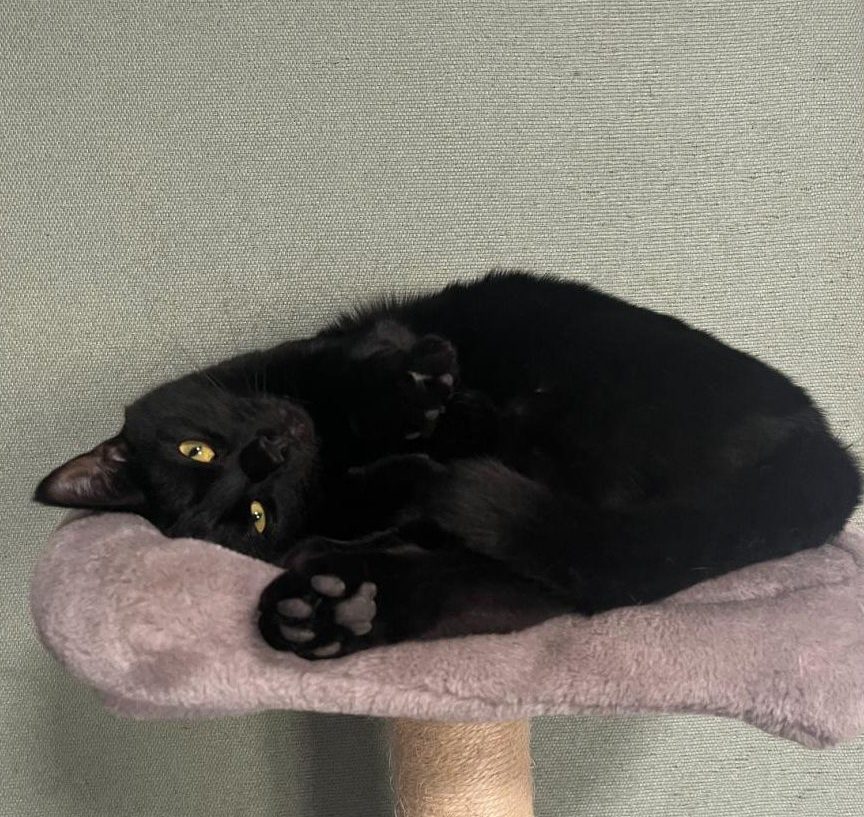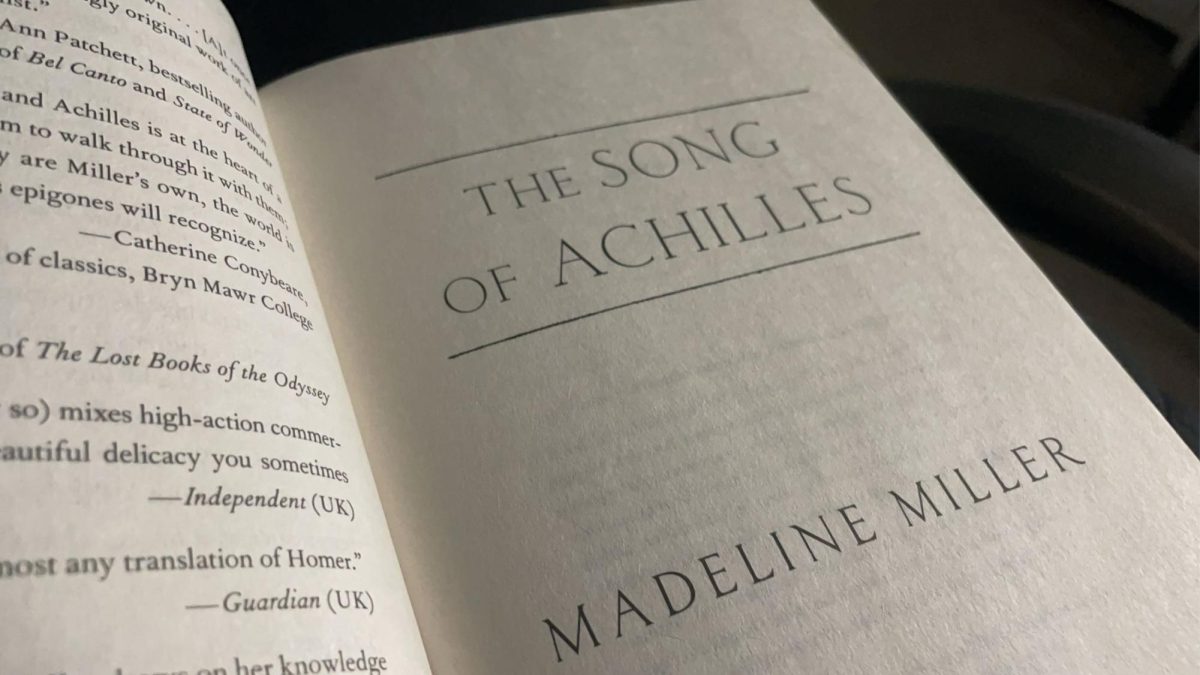This clash of modern and Greek mythology is an exposé not meant for the weak; it’s sharing the best modern mythology and its evolution through media.
Greek myths were passed down orally for generations before being recorded. They grew, adapted, and survived by staying relevant.
By incorporating myths in games, books, movies, and much more, the myths survive.
Greek mythology has remained ever-popular with many different media adaptations retelling old stories.
“The Song of Achilles”
For example, Madeline Miller is well known for her New York Times Bestseller “The Song of Achilles”, a young adult novel set before and during the Trojan War focusing on the romantic relationship of Achilles and Patroclus.
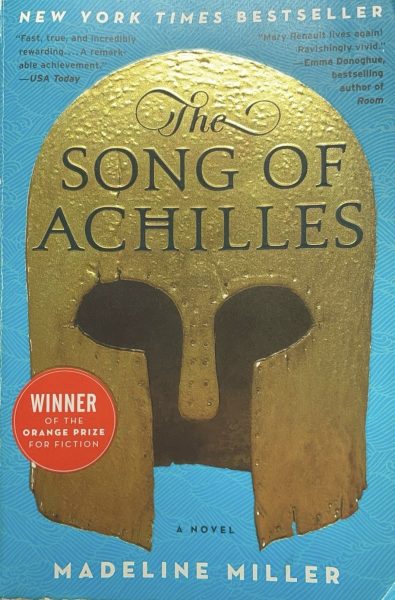
The novel begins as Patroclus is sent to Phthia where he meets the young demigod, Prince Achilles, a boy destined to be the greatest warrior of his time. Though originally jealous of the boy with fast feet and golden hair, Patroclus grows fond of Achilles and becomes his right-hand man.
Achilles is sent away to train until war erupts. At the age of 17, Achilles is thrust into a ten-year war, Patroclus returns, and they are forced to choose love, pride, or death.
Patroclus is a quiet and resilient character. He’s not weak but prefers to focus on healing rather than fighting. He’s loyal to Achilles and morally driven.
Achilles is a stunning, powerful demigod destined for fame. He’s well-liked and innocent with a divinity about him. He is willing to do what he thinks is morally right, but the fear of being forgotten changes him.
The novel is an Iliad retelling studied by the SHS honors English classes, that is, until last year when the curriculum changed. This novel gave students a taste of classic literature with a modern spin.
“I thought it was a really important text because it was a missing piece to the curriculum that students didn’t get the point of view of,” expressed Andrew Kurnas, an English teacher who taught the novel, “The Iliad is incredibly relevant to today’s world and I’ve always found the Iliad has a meaning that can be deprived fully only when the Odyssey is its companion and vice versa. The Iliad has a definition that is somewhat different from a hero than what we get from the Odyssey and both were vital to the Greeks. It’s almost a competing view of heroism and masculinity you can’t get if you don’t have both.”
Kurnas describes the novel as “an updated take on the classic with the influence of how we live in our world now.” He explains he chose the book for honors classes because of this, and it was generally well received. Kurnas further explains, “I also chose it because it was different and unique but also traditional at the same time, so I thought it fit a goal of reading outside the traditional canon.”
The romantic relationship between Achilles and Patroclus has often been debated by historians. The romantic aspects and point of view sets it apart from other Iliad retellings.
The overt romance may change how some readers view the original story. While many argue whether the relationship between Patroclus and Achilles is inherently queer, Miller shocks readers by explicitly introducing them as a couple.
“The point of view frames the plot and runs the risk of making assumptions about the sexuality of Achilles, but I don’t think it’s wrong to assume the nature and the bond they felt, “expressed Kurnas, “The Iliad is silent about this, it doesn’t say one thing one way or another. It wouldn’t have been uncommon for Greek men to be with Greek men in that era anyway. The only red flag would be ‘Why isn’t Achilles talking to a wife’ because, from what I understand, relationships with men would have been expected. Representationally, this is important to see, having interpretations of masculinity that vary and don’t fall into traditional stereotypes”
Having Patroclus as a narrator humanizes Achilles and illustrates the adage that “love is blind.” A once unsympathetic character is now portrayed in a new light. Miller’s deliberate removal of Achilles’ unheroic actions also pushes this narrative.
Themes of corruption through war are beautifully written as Achilles becomes more monster than man.
The novel doesn’t shy away from acknowledging a love-hate view of Achilles. While his controversial actions are watered down, it demonstrates how the definition of a hero has changed throughout time.
The University of Cambridge: Facility of Classics explains how modern-day heroes have courage, selflessness, and physical strength or bravery. They’re seen as role models and show humanity’s sense of morality.
The ancient Greeks had different ideas of heroism. They still believed in strength and courage, but noble birth, war, murder, and boasting were glorified.
While Achilles resembles an ancient hero, Patroclus is more modern. When Achilles takes a slave girl, Briseis, Patroclus shows his modern morality as he protects her throughout the novel.
Patroclus is a peacekeeper. He’s eloquent and keeps Achilles grounded, ultimately unifying the Greeks. Despite the indifference of Briseis and Achilles, their dynamic is interesting through the perspective of Patroclus, the common denominator who cares for both of them.
“The Silence of the Girls”
Reading “The Silence of the Girls” by Pat Barker after reading “The Song of Achilles” will give any reader a new view of ancient Greece’s favorite hero.
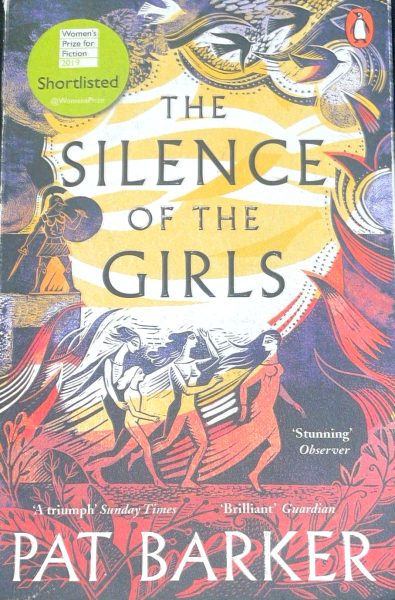
“The Silence of the Girls” is a feminist retelling of the Iliad focusing on Briseis, a former Trojan queen and Achilles’ slave girl, after the Greek invasion. As Briseis attempts to adapt to her new role she looks for a future beyond the war, but those hopes vanish when she’s blamed for Achilles’ refusal to end the war.
The novel covers heavy topics and realistic situations that Trojan women faced, earning a mature rating; this is inappropriate for children and young teens.
Briseis is a strong-willed girl forced into an impossible situation. While the Iliad focuses on men fighting over pride, Briseis gives a voice to the women who suffered at the hands of men and war.
The dehumanization of the Trojan women is the main theme of the novel. Briseis feels unworthy, yet stays determined. While Barker doesn’t shy away from portraying the objectification of slave women, she also reinforces the need for human relationships.
One of the most jarring examples is when Trojan women and children are hiding from fast-approaching Greek invaders. The cries of Achilles can be heard from outside the castle, and they know the end is near. Briseis makes eye contact with Ismene, a slave girl exploited by Briseis’ husband, and Ismene’s eyes say, “It’s your turn now. Let’s see how you like it.”
Barker shows everything Briseis is about to experience is common for people in her kingdom. It’s cruelty, she only realizes it when it affects her. Briseis says, “There is no kindness possible between owner and slave, only varying degrees of brutality.”
Anecdotes of other women’s stories are shared resulting in a strong sense of community, but secondary characters have limited development. Briseis is observant and objective. She is not close to the other women but appreciates their different viewpoints.
Some women choose to make a life for themselves with the Greeks while others still see them as the enemy. The Trojan women find solace in their community. When one girl is set free at the expense of another, they still support her since none have a choice in the matter.
The depictions of Achilles are both stunning and horrific.
He is said to be the most beautiful man alive yet his emotions are “varying shades of anger.” He is described as animalistic and childlike, supporting the unheroic narrative.
Briseis and Patroclus, Briseis’ foil, have a complex relationship. Briseis is ashamed of her fondness for Patroclus because of his part in the war.
Achilles’ second in command, Patroclus, doesn’t hold authority over Briseis leaving her confused as to why a man in his position would care for a slave. It’s his relationship with Achilles that allows Patroclus to view Briseis as human.
Patroclus is always by Achilles’ side, but it isn’t a relationship of equals. The novel teases a romantic involvement in their relationship, but it also states that, like Briseis, Patroclus feels like Achilles’ toy.
No matter who the author is, no one can successfully villainize Patroclus because he’s benevolent. He’s often seen with a modern sense of morality while acting as a link that keeps Achilles human. The novel does a beautiful job at portraying their relationship without labels and with the understanding that Achilles was a bad person but (romantic or platonic) the bond he has with Patroclus surpasses love.
This can be applied to the Greek word ‘Philla,’ a form of platonic love. According to Dictionary.com, Plato “thought that ‘philia’ was an even greater love than ‘eros’ and that the strongest loving relationships were ones where ‘philia’ led to ‘eros’: a ‘friends become lovers’ situation.”
It’s impossible not to talk about Achilles in a retelling of the Iliad, but it’s important to acknowledge the book is not meant to be centered around him. Barker gives a voice to women in an otherwise male-dominated narrative. This is contradicted by shifting points of view that focus on both him and Patroclus, leaving it hard to grasp what the author is trying to say. This may be because it is the first book in what is meant to be a trilogy.
Importance of point of view:
Changing the perspective of well-known stories opens the door for possibilities of new perspectives on classics.
Sherie Stauffer, SHS librarian, stated, “Reading two books about the same story told from different points of view can profoundly alter the reader’s experience.”
According to Cambridge University Press, the first-person narrative seen in these novels promotes empathy for the protagonist. The limited perspective can result in bias that affects how the story is viewed.
“In ‘The Adventures of Huckleberry Finn’, readers see the world through Huck’s eyes. They understand his motivations, thoughts, and feelings, which shape the narrative as adventurous, mischievous, and playful,” explained Stauffer, “In “James”, by Percival Everett, James may offer insights into Huck’s behavior that Huck himself doesn’t reveal. For instance, James might highlight traits like Huck’s impulsiveness or immaturity when Huck sees himself as heroic or clever, offering a contrasting interpretation of events. Huck can’t understand James’ experience as a black man in the South, but both characters seek freedom.”
“The Song of Achilles” and “The Silence of the Girls” easily shift the narrative and open the readers’ eyes to topics unseen in one novel that’s expanded on in the other.
Both novels are amazing retellings of the Iliad. Reading them individually makes it easier to sympathize with one character over the other, but reading one novel with the other in mind is a new experience.
Those who have read the Iliad will be left with a sense of dread for what is to come and to those who know nothing about this myth, buckle up and grab your tissues because it’s an intense emotional roller coaster. These novels are truly Greek Tragedies that will leave you itching for more.




